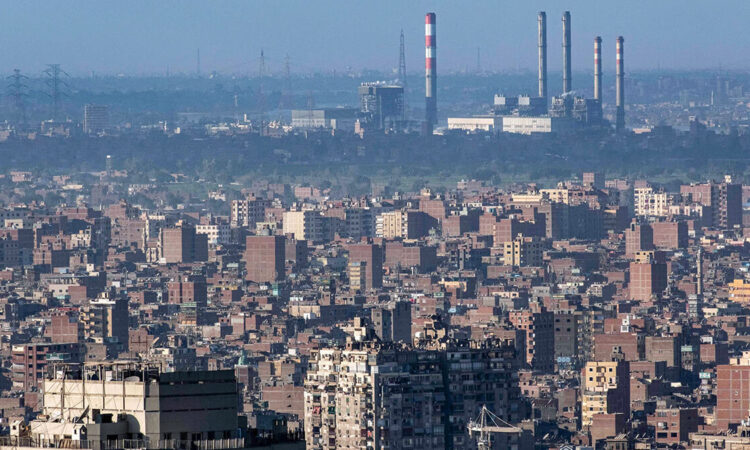
The shortage of natural gas in Egypt is a serious problem that not only affects the country’s economy, but also the quality of life of its citizens, and requires an urgent solution. In response to the situation, Cairo announced the arrival of a first shipment of gas in order to maintain the proper functioning of several power plants throughout the country.
This first shipment contains 3.5 billion cubic feet of gas, energy with which Cairo could supply its power plants for three days.
Meanwhile, natural gas production has fallen to 5.7 billion cubic feet per day, according to figures provided by the Egyptian oil ministry spokesman. This is a far cry from the more than 6.2 billion cubic feet extracted last year, and the 6.7 billion in 2022. The situation is worrying because, according to the Ministry itself, Egypt needs 5.9 billion and only 5.7 billion are produced.
The Sidi Kerir Company (Sidpec), one of the most important companies in the country, issued a statement in which it informed that the company’s intention is to buy North American liquid ethane gas. The announcement coincides with a 25% stake in the stock exchange of a cooperative of US companies.
The new gas import partnership includes several parties, including Sidpec, the Egyptian Ethylene and Derivatives Production Company (ETHYDCO), Gama, the Egyptian Petrochemical Holding Company (EKEM) and the Egyptian Natural Gas Company (GASCO). The same note confirmed that the capital will be provided in three stages, with financing to be provided 40% by shareholders and 60% through bank loans.
The joint venture is working to establish a distribution system to supply companies that require natural gas. In addition, the alliance is developing a contingency plan to guarantee supply in the short and medium term.
As a measure of necessity, Sidpec has been forced to stop production at some of its power plants due to the high demand for energy in the country during the summer months. The closure was followed by the Kuwaiti Alexandria Fertilizers Company and the Egyptian Abu Qir Fertilizers Company. MOPCO, Sidi Kerir Petrochemicals and Kima also announced production shutdowns due to natural gas shortages.
With a population of over 100 million and growing, supply problems are becoming acute. In the last two months, power plants across the country have been forced to temporarily halt production.
As a temporary measure, the Egyptian government led by President Abdel Fattah Al-Sisi has launched a tender to buy 20 shipments of liquefied natural gas to help meet demand. Egypt’s Prime Minister Mostafa Madbouly announced that the country currently needs to invest at least 1.18 billion dollars in natural gas and fuel oil to alleviate the energy crisis.
Diversification of energy sources should be an obligation rather than a measure for the Egyptian government. Egypt’s future prospects lie in overcoming the energy crisis by diversifying its energy sources, investing in research and exploration of renewable energy and cooperating with other countries.
Despite achieving energy independence years ago, the steady decline in production and the rise in the price of certain basic commodities due first to the pandemic and then to conflicts have made the country increasingly dependent on imports, which in the long run are a major cost to the country.






